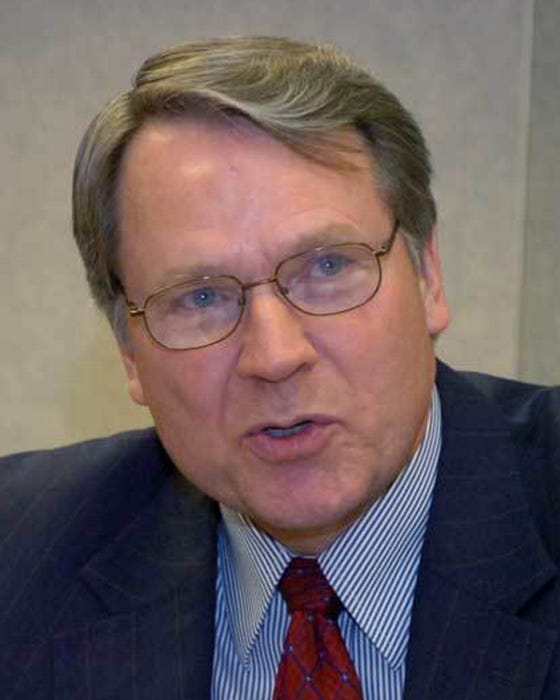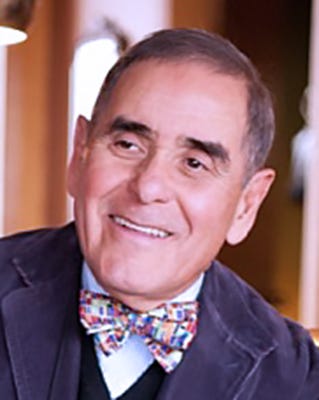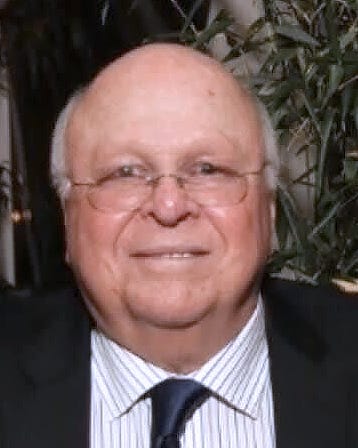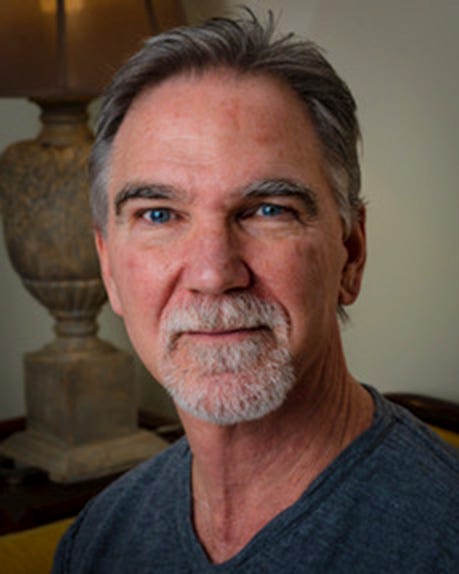Sentenced to College - Chapter 13
The stars begin to align for Angel
New here? Start from the beginning…




Quick recap: On Wednesday, January 26, 2000, 19-year-old Angel Hernandez was convicted by a Kandiyohi County jury on all seven of the criminal counts he had been facing:
Count I: Terroristic threats committed for the benefit of a gang
Count II: Assault in the fifth degree committed for the benefit of a gang
Count III: Disorderly conduct committed for the benefit of a gang
Count IV: Attempted theft
Count V:Terroristic threats
Count VI: Assault in the fifth degree
Count VII: Disorderly conduct
Angel was now facing 18 months in prison, plus an additional 12 months because of the added gang charge.
Next came sentencing and Judge Donald Spilseth had a decision to make. He’d seen this young man come through his courtroom several times before, but this time, something had changed. In the past, Angel had always appeared cocky, haughty, and irreverent, but this time he was different. He appeared respectful, thoughtful, and even apologetic. It was as if his whole attitude had changed.
The judge ordered a pre-sentence investigation from Angel’s probation officer, Nancy Naujokas (nye-OH-kiss), who would now interview Angel and other relevant parties to provide a clearer picture of his situation and the nature of the offense. It would include a review of Angel’s history and background, his personal characteristics, family factors, childhood experiences, education, employment, finances, physical and mental health, and drug or alcohol use. It would also include a careful review of the offense, applicable statutes, sentencing guidelines, and a sentencing recommendation based on all the information collected.
In the meantime, Judge Spilseth had a lot to consider before making his final decision on how best to sentence Angel Hernandez.
Eight days earlier, it had been the first day of spring semester at the University of Minnesota, and Professor Robert J. Levy (LEE-vee) was welcoming his law students back into his classroom. He always enjoyed spring semester because it’s when he offered his popular “Sentencing Workshop,” a class he’d developed over the past eight years while serving as a law professor at the U of M Law School—and one that he hoped would leave a lasting legacy after his retirement one year later.
![[ j o y . t h e . c u r i o u s ]](https://substackcdn.com/image/fetch/$s_!UzSv!,w_40,h_40,c_fill,f_auto,q_auto:good,fl_progressive:steep/https%3A%2F%2Fsubstack-post-media.s3.amazonaws.com%2Fpublic%2Fimages%2F9a3fc6e9-2c7b-49f3-a947-5510d6ac2bd3_500x500.png)
![[ j o y . t h e . c u r i o u s ]](https://substackcdn.com/image/fetch/$s_!RoQy!,e_trim:10:white/e_trim:10:transparent/h_72,c_limit,f_auto,q_auto:good,fl_progressive:steep/https%3A%2F%2Fsubstack-post-media.s3.amazonaws.com%2Fpublic%2Fimages%2Ff10a4cb8-9c26-4c77-a86d-fd0df8c2f58f_1344x256.png)
